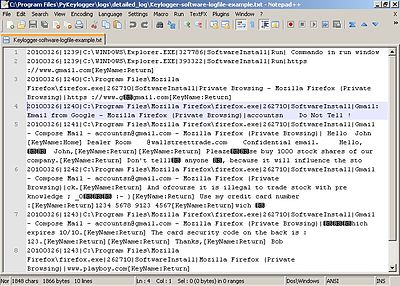

VirtualBox was first offered by InnoTek Systemberatung GmbH, a Germany company based in Weinstadt, under a proprietary software license, making one version of the product available at no cost for personal or evaluation use, subject to the VirtualBox Personal Use and Evaluation License (PUEL). The License to VirtualBox was relicensed to GPLv3 with linking exceptions to the CDDL and other GPL-incompatible licenses. Released under the terms of the GNU General Public License and, optionally, the CDDL for most files of the source distribution, VirtualBox is free and open-source software, though the Extension Pack is proprietary software.

For some guest operating systems, a "Guest Additions" package of device drivers and system applications is available, which typically improves performance, especially that of graphics, and allows changing the resolution of the guest OS automatically when the window of the virtual machine on the host OS is resized. It supports the creation and management of guest virtual machines running Windows, Linux, BSD, OS/2, Solaris, Haiku, and OSx86, as well as limited virtualization of macOS guests on Apple hardware. There are also ports to FreeBSD and Genode. VirtualBox may be installed on Microsoft Windows, macOS, Linux, Solaris and OpenSolaris. VirtualBox was originally created by InnoTek Systemberatung GmbH, which was acquired by Sun Microsystems in 2008, which was in turn acquired by Oracle in 2010. Oracle VM VirtualBox (formerly Sun VirtualBox, Sun xVM VirtualBox and InnoTek VirtualBox) is a type-2 hypervisor for x86 virtualization developed by Oracle Corporation. GNU GPLv3 only with linking exception to GNU GPLv2 incompatible licenses X86-64 only (version series 5.x and earlier work on IA-32) Windows, macOS (only Intel-based Macs), Linux and Solaris


 0 kommentar(er)
0 kommentar(er)
